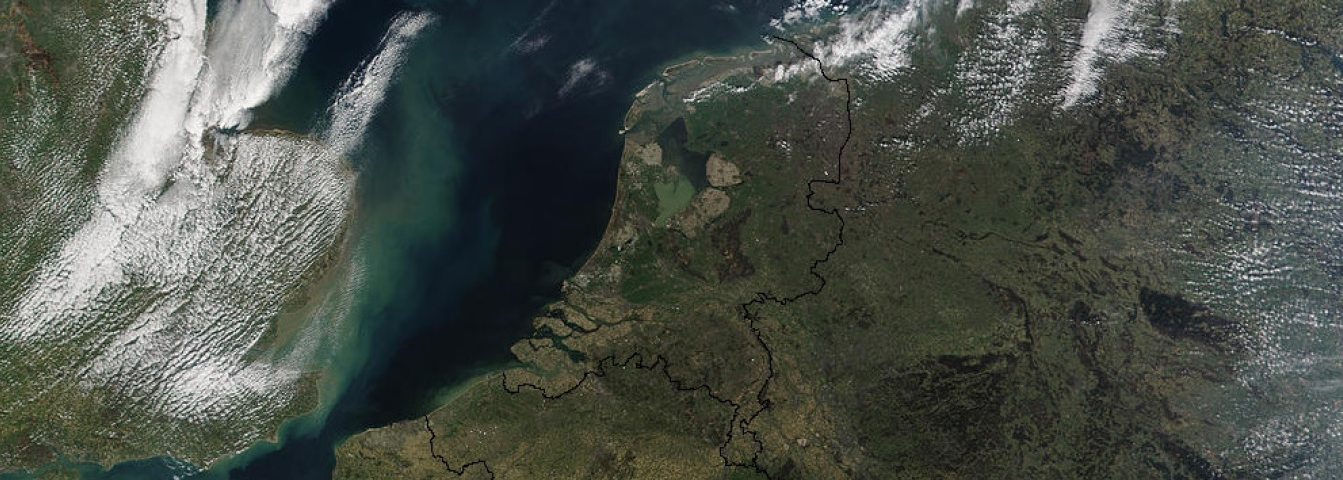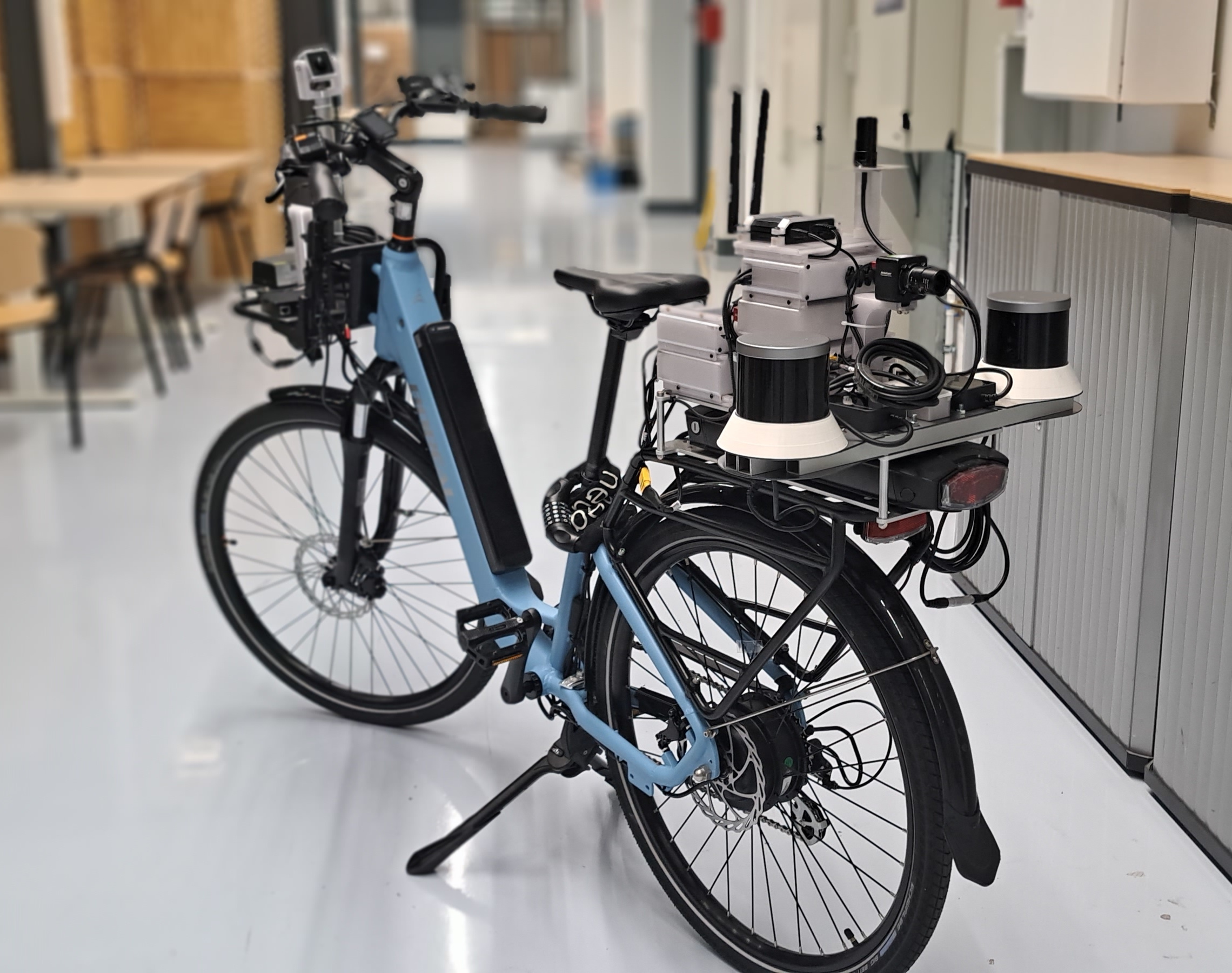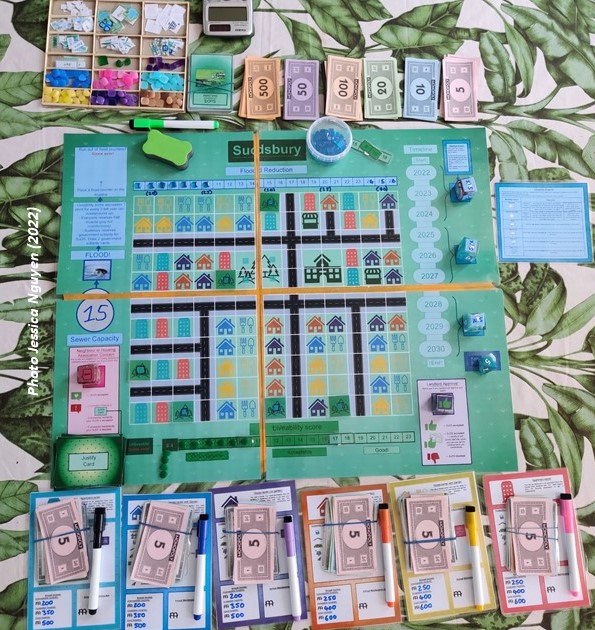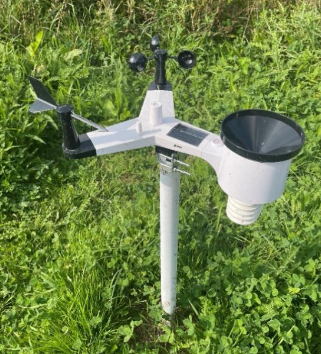Seed Fund Grants 2023 April
The call "Climate Action Research and Education Seed" is open to proposals for research and education projects related to the TU Delft Climate Action Programme, its themes (science, mitigation, adaptation, governance) and/or its flagship projects. Proposals from all fields of knowledge are welcome, as well as interdisciplinary proposals. Progposals can be funded up to EUR 30,000 and the applicaiont form should be submiddet to Climate-Action@tudelft.nl
The call is granded two times per year. The last one had its dadline on March31st. 2023. For the second half of 2023 the deadline has not been set yet.
Sustainable transportation planning via bicycle-based data collection
In this project we built the Delft SenseBike - a sensor-equipped bicycle equipped with 3 cameras, 3 lidars, GPS & IMU. While the base bike was delivered by a startup called BorealBikes, significant amounts of work were done to create custom mounts, power management, calibration, synchronization and localization. We also identified some unique challenges with the bicycle platform that are not currently found in the literature, such as the increased roll and the non-rigid bicycle frame, which means that our calibration between two lidar sensors changes dynamically. For the purpose of cyclist safety assessment, we developed an object detector that can detect other traffic participants (especially bikes). Crucially this detector was only trained from sensors that are mounted to cars, rather than bicycles, which creates unique challenges when transferring this knowledge to a different platform. Finally, we are working to create a digital twin of the campus, by mapping it with our Delft SenseBike and attaching semantics to the Digital Twin via AI approaches such as lidar semantic segmentation. This allows us to extract precise measurements about how public spaces are being used and which road layouts are safer for bicyclists.
Transdisciplinary Interventions for Climate-Resilient Infrastructure Renewal (TICK)
The project seeks to provide a roadmap for transdisciplinary interventions for climate-resilient infrastructure renewal. This project focuses on the City of Rotterdam as an example, maps the current and future challenges of infrastructure renewal, along with the potential intervention options and their impacts on each actor and the ecosystem. This project can be an exemplary case of engaging various actors in solving complex problems under uncertainty, finding strategies to navigate different interests, and fostering innovative solutions.
Structural reuse by design - a case study on reusing wind turbine blades for building applications
Circular economy strategies can mitigate the effects of climate change and reduce environmental impact by closing resource loops and designing for reuse. The goal of this project is to form such a loop between the energy and construction sectors by exploring structural reuse of wind turbine blades as construction elements. An appropriate design to fabrication/assembly workflow will be explored by building a proof-of-concept demonstrator using blade parts. The demonstrator will help identify key structural reuse parameters driving a computer-aided segmentation procedure, generating a design proposal based on structural properties, and developing the processing and assembly system. Such an approach could improve materials recovery in the wind industry, while reducing the consumption of raw resources in the construction industry.
Building a cloud simulator to test new materials for targeted cloud-based climate engineering
This project will focus on the freezing processes in clouds. A small tabletop cloud simulator will be used to better understand how ambient particles impact the formation of tiny ice crystals in clouds, and how different synthetic, non-toxic materials would impact cloud droplet freezing.
Unravelling climate-glacier interactions with physics-informed machine learning
Glaciers play a vital role in providing water resources to populations in dry regions and contribute significantly to rising sea levels. To understand and predict glacier behavior in response to climate change, researchers have developed a new open-source modeling framework called ODINN.jl based on physics-informed machine learning. By analyzing large datasets from satellite observations and climate models, researchers hope to improve their understanding of glacier processes and build better models for projecting future changes in glaciers, sea level, and water resources. The project also includes efforts to train researchers in machine learning and data science through workshops, with the goal of advancing glaciological science worldwide.
Solar Radiation Management through Arctic Ice Thickening
The sea ice cover in the Arctic is decreasing rapidly, causing an increase in the absorption of solar radiation and further warming of the Arctic. A possible countermeasure is Arctic Ice Thickening (AIT), whereby existing sea ice is flooded during the winter to increase the ice thickness and extend the duration of ice presence in summer. In this project, climate modeling will be used to gain insights into the effects of AIT and a design will be made for field experiments in Longyearbyen (Svalbard)
TUDFlow – The Fluid Dynamics of our Campus
Though we do not see it, we experience every day the fluid dynamics of our campus, especially at the pedestrian level. An infamous example that everyone is aware of is the strong winds downstream of the EWI building, which even knocked down the very warning sign for pedestrians about strong winds. This project aims to use in-campus computational resources and software to better understand and model the flow of air and heat around our campus. The insights and approach for high-resolution simulations will be shared with the campus community to raise awareness of the importance of reliable modelling
Evaluating an educational serious game to engage urban residents in behaviour change for large scale climate action
New forms of public engagement and behaviour change are required to adapt urban areas to extreme storm events. The Sudsbury serious game is designed to educate urban residents and landowners about the effects of climate change on pluvial flooding and the potential of sustainable drainage systems for urban climate adaptation. The project aims to systematically evaluate the game's effectiveness in overcoming cognitive-affective barriers to climate change adaptation with a large sample of the population and different target groups.
 By Dr. Lisa Scholten
By Dr. Lisa Scholten
Faculty of TPM
CampuSense (contributing to Delft Meet Klimaat)
CampuSense will install a series of simple weather stations across the campus and Delft to directly measure the climate we experience every day. Our aim is to visualise the current weather on campus and even make short-term forecasts, displayed on the TU website. With these stations, we can make the first steps towards a more climate-proof, sustainable campus.

By Dr. Arjan Droste
Faculty of CEG










